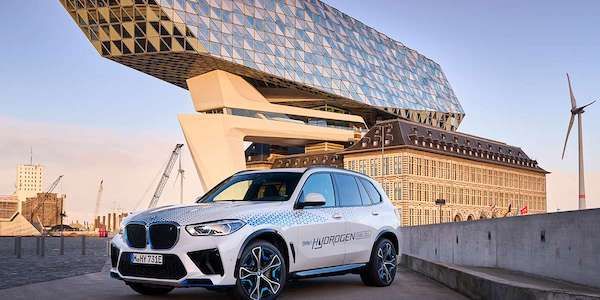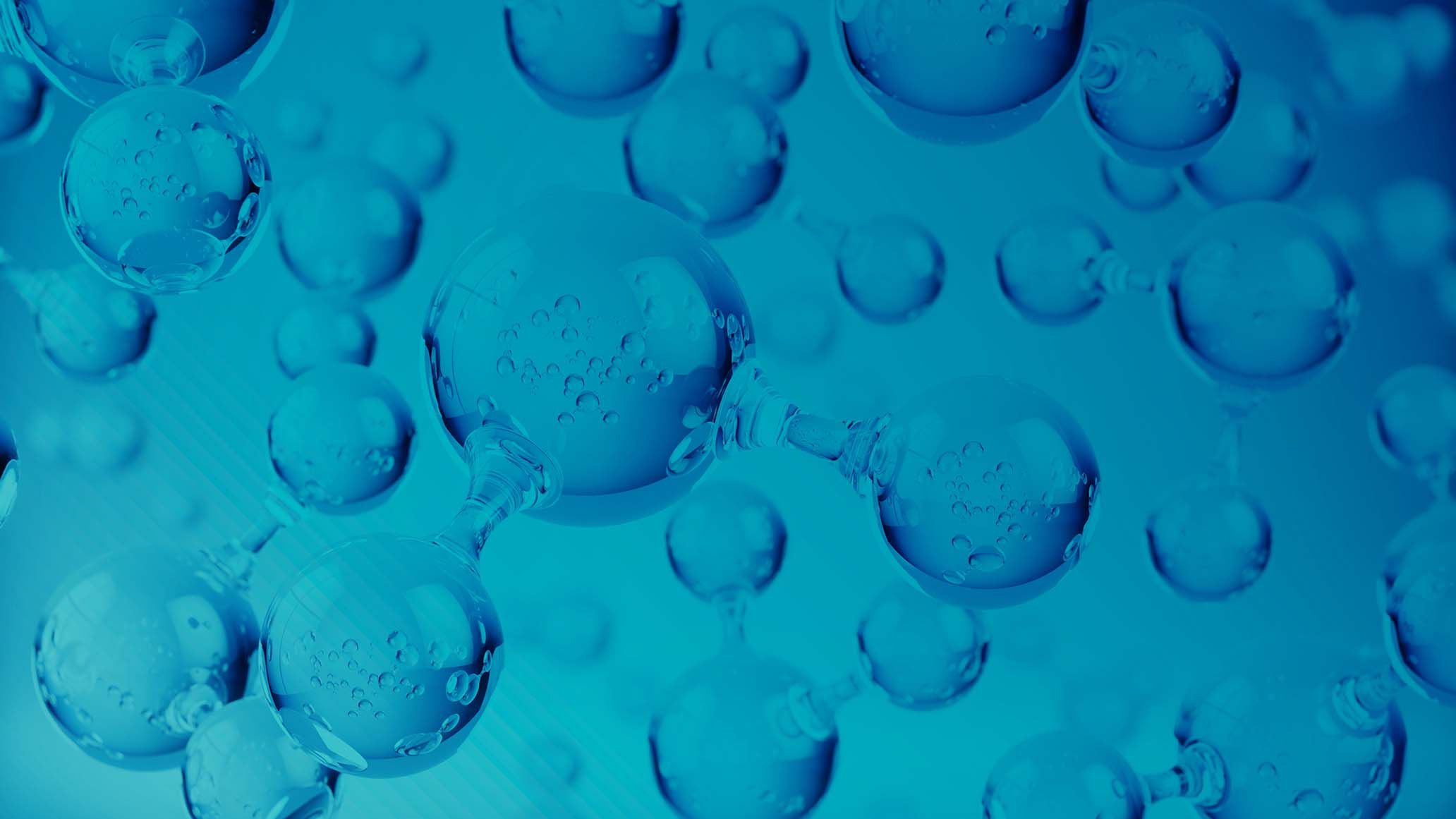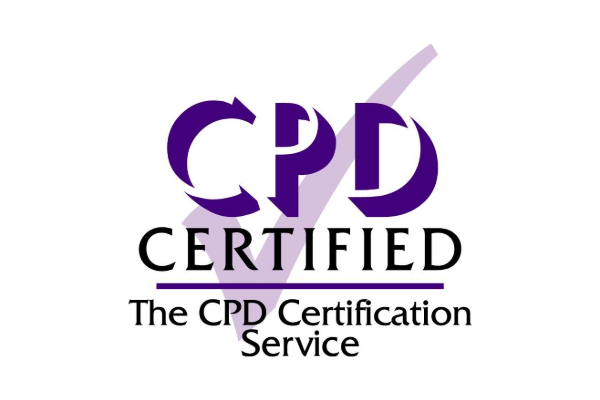BMW Launches iX5 Hydrogen Pilot Fleet

The much-anticipated BMW iX5 Hydrogen models have been launched for testing. During the course of this year, the test fleet of cars will be deployed to numerous places around the world and be put to the test by different user groups. With these trials and demos, the development team will have the opportunity to obtain practical experience with the cars and explore the features of hydrogen fuel cell technology.
Within the fuel cell, the hydrogen from the tanks reacts with the oxygen from the air to create the driving force. For this to take place effectively, a regular and consistent supply of both is required.
To achieve this, BMW has devised exclusive hydrogen components that have the same features as components in combustion engines, such as intercoolers, air filters, control units and sensor technology. Included among these components is a high-revving compressor with a turbine and a high-voltage coolant pump. The production of a fuel cell system follows two stages. Firstly, individual fuel cells are layered to form a fuel cell stack, followed by the addition of the remaining components.
Oliver Zipse, Chairman of the Board of Management of BMW AG, emphasised the importance of this innovative drive system: “Hydrogen is a versatile energy source that has a key role to play in the energy transition process and therefore in climate protection. After all, it is one of the most efficient ways of storing and transporting renewable energies. We should use this potential to also accelerate the transformation of the mobility sector.”
Featuring the BMW eDrive fifth-generation technology on the rear axle, a battery tailored for the BMW iX5 Hydrogen with lithium-ion technology and an advanced drive unit, the car has an impressive maximum output of 295 kW / 401 hp. During the drive and brake phases, the electric motor acts as a generator to send power to the high-performance battery.
The fuel cell requires hydrogen gas, which is stored in two 700-bar tanks crafted from carbon-fibre-reinforced plastic. Combined, the tanks can hold up to 6 kg of hydrogen, granting the BMW iX5 Hydrogen a WLTP-measured range of 504 km. Refilling the tanks is fast and efficient – it can be done within three to four minutes, making long trips more enjoyable with only short, minimal stops.
The BMW Group receives fuel cells from Toyota Motor Corporation. The two organizations have worked hand-in-hand since 2013 to refine and optimize fuel cell drives.
Related: BMW Hedges its Bets with Hydrogen Fuel Cell Cars in Collaboration with Toyota



)
)
)
)
)
)
)
)


)
)
)
)
)

)
)
)
)
)
)
)
)

)
)
)
)
)
)
)

)
)
)
)

)
)

)
)
)
)
)
)
)
)

)
)
)
)
)

)
)

)
)
)
)
)
)
)
)


)
)


